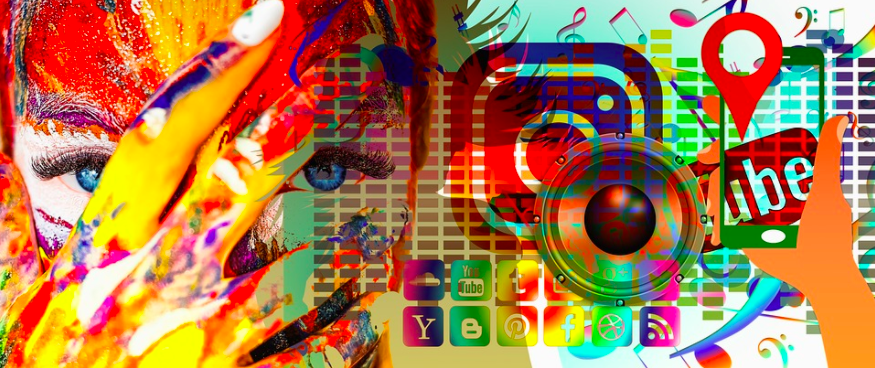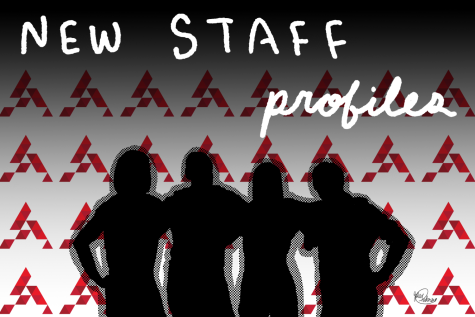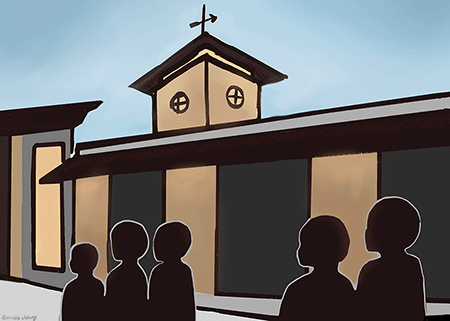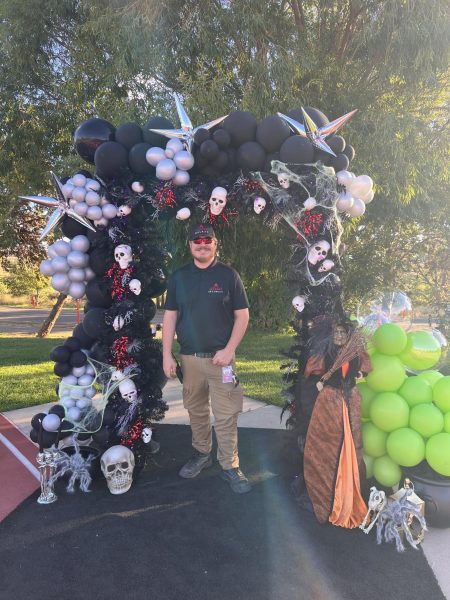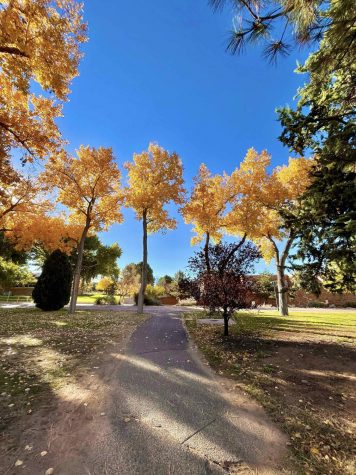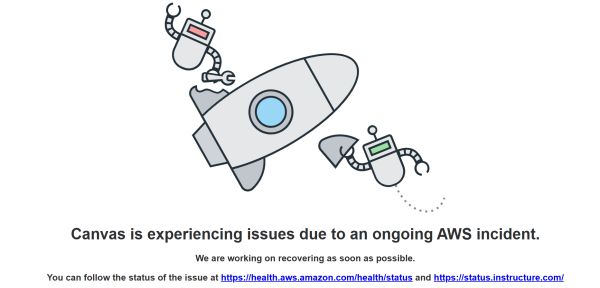The Degradation of Social Media
When you think of social media, what do you think of? Do you think of Twitter refusing to ban Trump, people weaponizing Facebook against religious minorities, or Reddit forums intended as safe havens for Black users filled with racist slurs? While you may think of social media as a harmless way to connect with friends and family, there are ingrained issues in these platforms and how we use them. Social media is a powerful tool used to spread information and ideas – a recipe for disaster if used by people seeking to bring harm to others. It took five human lives for Twitter to ban Donald Trump, someone who consistently supported racist thought and tried to win the 2020 election by insulting his political rival, and stealing the election. During Memorial Day weekend in 2020, instead of mourning COVID-19 deaths, former-president Trump spent his day retweeting John K. Stahl’s tweets, including one calling former presidential candidate Hillary Clinton, “HRC the Skank.” Trump’s unexpected longevity on Twitter is due to his 88 million followers and the impact they have on the platform.
Social media platforms draw their main income from selling advertisements. The more engagement a person brings, the more ads are seen, leading to more profits earned for the platform. When he was elected, Trump only had 13 million followers on Twitter but this has skyrocketed to a whopping 88 million, 35% of the entire Twitter user base in 2021. On January 8 Twitter banned Trump after years of criticism, five deaths, and a long emergency company meeting. This prompted many other social media platforms, including Facebook, Instagram, Reddit, and Snapchat, to ban Trump and his allies, resulting in a 73 percent drop in misinformation, according to Zignal Labs. This problem may have been solved but there are still many others that follow in its footsteps.
Facebook has seen a rise in toxicity since 2017. The platform has a rule stating that hate speech is not allowed on their platform, defining hate speech as anything attacking a “protected characteristic”, such as gender, race, religion, or sexuality. This rule has not stopped toxicity on Facebook because there are too many ways to bypass it. Racist slang, auto-racism, and racism towards white men were often overlooked or seen as jokes. In a survey of 55,000 people who had received warnings about their posts on Facebook in 2017, 52 percent believed they were treated unfairly and 57 percent believed that Facebook did not understand how they felt. The study found that those who believed they were the ones in the wrong had a much lower chance of violating the rule again. In response, Facebook implemented changes giving users rights to appeal flagged posts and created a 40-person Supreme court to ensure fair judgment. Despite these changes, we still see Facebook using people’s emotional reactions(for example anger) to increase people’s engagement. Strong emotional reactions keep people coming back for more because those reactions keep the post on their minds. Although not proven, many people suspect toxic users that stay for long periods of time, stay because of the engagement that they bring.
Reddit is one of the biggest internet communities today and has hundreds of thousands of moderators due to its size. But racism is still present in this big community – and in one of the most noticeable places, a subreddit called Black People Twitter. Reddit’s Black community is small and this subreddit was made to be a safe haven for them. Many of the comments in it, however, gave people a different impression. Toxic comments like those about “Black on Black crime”, implying that black people broke laws more often than others, would show up at the top of these subreddits. The toxicity of these heated conversations built up to the point that moderators limited these threads to people who were verified to be Black. Every user was required to take a picture of their forearm to prove their “blackness” if they wished to have access to the most toxic threads.
While the first thing we see is never the toxicity and discrimination in most platforms, it is there, and a serious problem. Platforms may use negativity to generate money but this negativity isn’t generally created by the platform itself. In many instances, originally positive places on platforms are ruined by just a few people. One Donald Trump on Twitter caused Twitter to be known as one of the most toxic social media sites on the internet. As social media platforms are taking up more and more of our lives, we need to pay more attention to our behaviors online. Social media is part of the problem but we are too.


